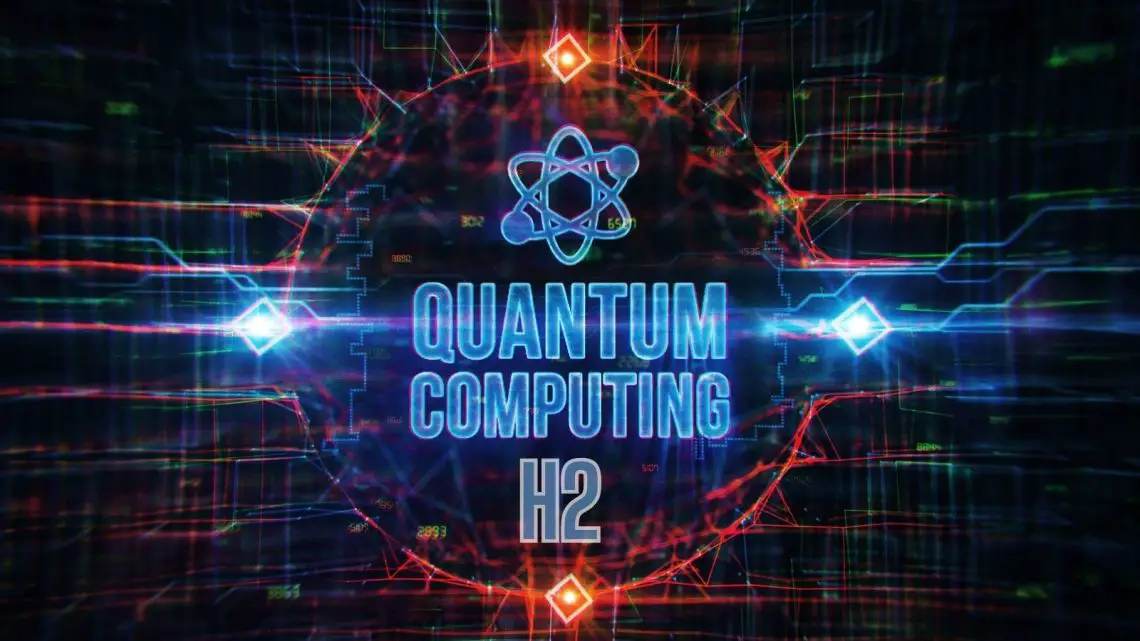
What is Microsoft’s interest in hydrogen fuel cell development?
April 22, 2023Microsoft Azure Quantum is collaborating with Johnson Matthey to accelerate sustainable energy discoveries for a zero-carbon future through state-of-the-art cloud high-performance computing. The companies believe that hydrogen fuel cell technology and other clean energies can help overcome some of the biggest global challenges, such as reversing global warming and addressing food insecurity. With their combined effort and resources, they are confident they can accelerate chemistry and materials science research to impact 96% of products and every human on the planet. The goal is to develop a uniquely powerful machine that can help accelerate 250 years of chemistry discovery into the next 25 years.
The company is working with Johnson Matthey and its own Azure Quantum on H2 tech innovation.
When most of us think about Microsoft, hydrogen fuel cell development isn’t usually the first thing that calls to mind. That said, Microsoft Azure Quantum’s chemists are working with Johnson Matthey to propel new sustainable energy discoveries forward.
The companies are placing a priority on technology for a zero-carbon future.
Johnson Matthey has so far seen a doubling in the acceleration of its quantum chemistry calculations since the collaboration began, and that is only expected to be the tip of the iceberg for the project’s potential.
What is quantum chemistry?
Quantum chemistry is an area of chemistry that employs principles from quantum mechanics to understand the behavior of atoms, molecules, and chemical reactions. It seeks to explain molecular structures and properties by studying the movements and interactions of atoms and electrons with the use of advanced theoretical models and computational methods. Quantum chemistry is playing an increasingly important role in modern chemistry fields such as materials science, drug design, and catalysis. Researchers in this field aim to develop more accurate models and simulations for predicting the behavior of molecules and chemical systems, which can help in the design and development of new materials and chemical reactions.

Both Microsoft Azure Quantum and Johnson Matthey have stated…
that this effort is specific to the pursuit of a necessary zero-carbon future. Moreover, such a future will require substantial materials science and chemical breakthroughs. Both companies have expressed their excitement about working together and the potential it will give them to make a difference in the world.
Though Microsoft might not seem like the obvious company for a pursuit into hydrogen fuel cell technology development, it has resources that can help the experts at Johnson Matthey to accelerate their understanding of some of the biggest challenges and progress toward the development of viable solutions.
They believe that hydrogen fuel cell tech and other clean energies can help overcome critical global challenges.
Beyond hydrogen fuel cell tech development, the companies have also stated that chemistry and materials science problems are also some of the toughest issues facing the world, such as reversing global warming trends and addressing food insecurity. By making meaningful progress in this area of research, they have the potential to impact 96 percent of products and every human on the planet.
State-of-the-art cloud high-performance computing (HPC) can be applied to solving the types of quantum chemistry problems that have been a barrier to developing many solutions to global problems. This technology has only recently become powerful enough to begin to dig into those issues, with consupertinuous classical computing capability improvements.
Even more powerful computing
That said, even some of the most powerful machines have yet to reach the point where they can take on some of the challenges Azure Quantum and Johnson Matthey intend to tackle. The most challenging chemistry and materials science problems need a uniquely powerful machine such as the scaled quantum unit Microsoft is currently engineering.
The goal is to empower scientists to be able to accelerate what would have been 250 years of chemistry discovery into the next 25 years. As they do, it will be fascinating to see where they take the hydrogen fuel cell.



 HFN News is your leading source for fresh hydrogen and renewable energy updates. Amid the fast-paced growth of hydrogen companies, we provide top-notch news and insights about this exciting sector. Our coverage spans from hydrogen cars to global sustainable initiatives, and we highlight the latest in green jobs and developing hydrogen hubs. We invite you to share your local hydrogen news and explore today’s renewable energy job listings on our site. Thanks for choosing HFN News as your trusted guide to the hydrogen and renewable energy world!
HFN News is your leading source for fresh hydrogen and renewable energy updates. Amid the fast-paced growth of hydrogen companies, we provide top-notch news and insights about this exciting sector. Our coverage spans from hydrogen cars to global sustainable initiatives, and we highlight the latest in green jobs and developing hydrogen hubs. We invite you to share your local hydrogen news and explore today’s renewable energy job listings on our site. Thanks for choosing HFN News as your trusted guide to the hydrogen and renewable energy world!